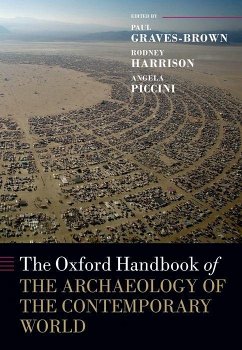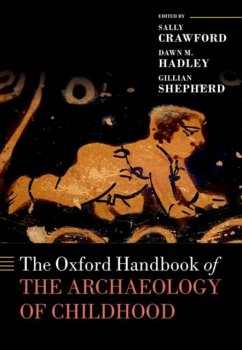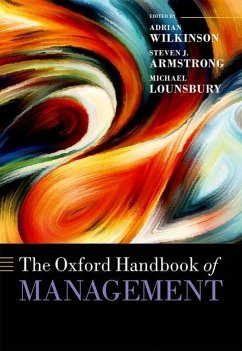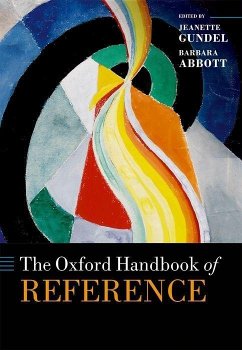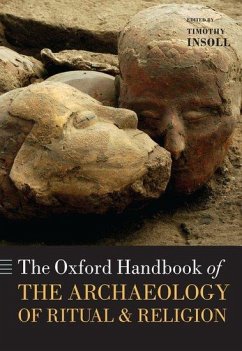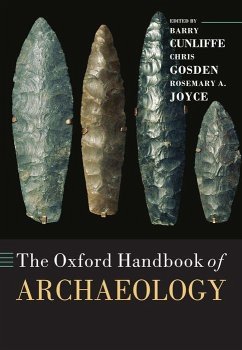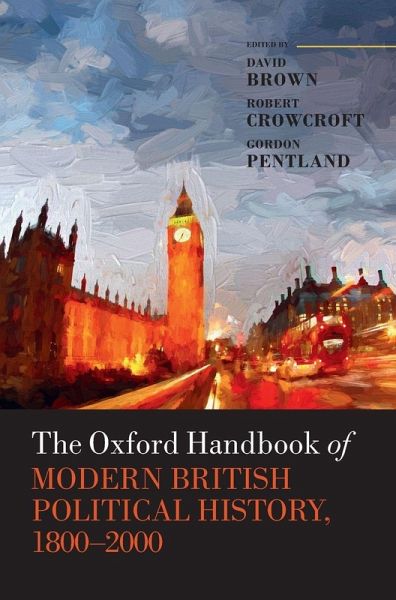
Brown Et Al
Gebundenes Buch
OHB MODERN BRIT POLITICAL HIST OHBK C
Versandkostenfrei!
Versandfertig in 1-2 Wochen

PAYBACK Punkte
83 °P sammeln!




A new title in the Oxford Handbooks series, offering an authoritative view of British political history from 1800 to 2000, engaging with the sweeping changes in the ways in which Britain was governed, the duties of the state, and its role in the wider world, and suggesting avenues of future research.
David Brown studied at the Universities of East Anglia (BA), Wales (MA) and Southampton (PhD), before moving to Glasgow in 2001 to take up a lectureship in History at the University of Strathclyde, where he was promoted to Senior Lecturer in 2007. In 2012 he moved to the University of Southampton as Professor of Modern History and since January 2016 he has been Head of the Department of History. Robert Crowcroft studied History at the University of Leeds and was appointed as a Lecturer at the University of Edinburgh in 2011. He held an AHRC Early Career Fellowship in 2013-2014, and was promoted to Senior Lecturer in 2017. His interests centre on the character of democratic politics. Gordon Pentland graduated from the University of Oxford in 1999 and returned to his hometown of Edinburgh to complete an MSc in 2000 and a PhD in 2004, after which he worked for eighteen months as a lecturer in European history at the University of York. He returned to Edinburgh in 2006 to take up a two-year Leverhulme Early Career Fellowship followed by a lectureship in history. He was promoted to Senior Lecturer in 2011 and to Reader in 2013.
Produktdetails
- Oxford Handbooks
- Verlag: Oxford University Press
- Seitenzahl: 642
- Erscheinungstermin: 5. April 2018
- Englisch
- Abmessung: 250mm x 175mm x 39mm
- Gewicht: 1266g
- ISBN-13: 9780198714897
- ISBN-10: 0198714890
- Artikelnr.: 49664206
Herstellerkennzeichnung
Libri GmbH
Europaallee 1
36244 Bad Hersfeld
gpsr@libri.de
Für dieses Produkt wurde noch keine Bewertung abgegeben. Wir würden uns sehr freuen, wenn du die erste Bewertung schreibst!
Eine Bewertung schreiben
Eine Bewertung schreiben
Andere Kunden interessierten sich für


